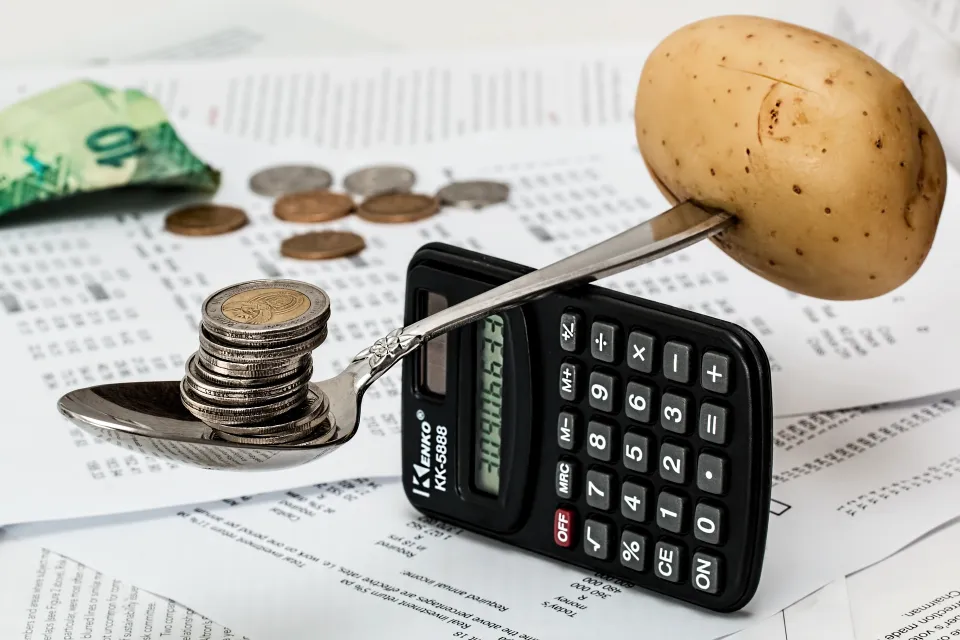Table of Contents
Clarity in your income and expenses is the solution
One of the advantages of having a checking account is the convenience of having cash whenever you want through an ATM at your bank’s branch. But is it a good idea not to spend your money in a savings account?
Many bank accounts used to receive your salary or payments for some service and product usually charge monthly maintenance fees, especially if you do not meet a minimum balance each cut. It is precisely this fear that causes many to continue leaving their cash in that account, even beyond the possibility of having it whenever they need it.
If you want to grow your money and not just keep it in your account to avoid bank fees, follow the tips below.
1. Check your monthly income
Before any other matter, you must be clear about how much money you earn per month. Perhaps this point is not complicated for those with jobs that receive their fortnightly or monthly salary regularly; but for those self-employed or entrepreneurs, this number can vary frequently. Therefore, check what your average monthly income has been.
2. Record your expenses
The second point is to make accounts. You must be clear about what your regular expenses are against your income. If you can do an average of at least three months. It includes your rents, service payments, purchases and payments to credit cards and loans, as well as those that are made automatically such as memberships.
3. How much to leave in your account?
Based on the above result, keep 1-2 months worth of living expenses plus 30% in your account. This way, you may very well be able to maintain the minimum balance requirement to avoid your monthly checking account fee and overdraft fee.
4. Put your money to work
The median balance among Americans with checking accounts was about $2,900 and the median was $1,250, according to a 2019 nerdwallet survey conducted online by The Harris Poll. This can vary from person to person.
If you have made the previous points, you will realize that you have a surplus, it can be a lot or a little, it does not matter, what is significant is that you make that money work. To do it easily, we recommend that you automate that amount directed to a savings account or a retirement account that gives you a return.
Online banks often offer better rates of return that can range from around 1% per year. Significantly higher percentage compared to the national average for traditional banks.
In this way, not only do you avoid fees, spend less and have money in your checking account, but you can also get extra cash.
